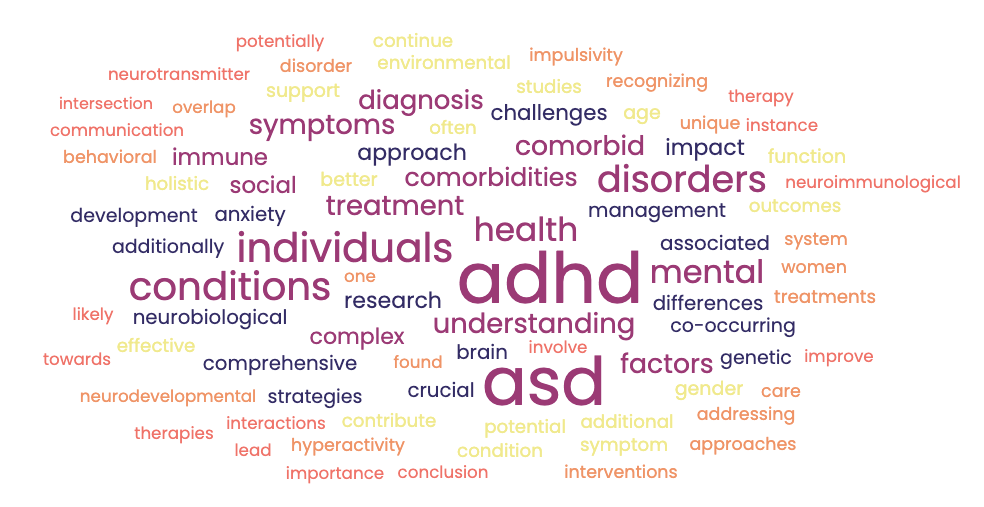Since recently being asked my thoughts on happiness, I have been reflecting on this perpetually relevant topic. The above title is a question that has intrigued, and in some cases, plagued human beings across generations and cultures.
The pursuit of happiness is a captivating topic that has inspired blockbuster films, several catchy tunes (“Happy” by Pharrell Williams, “Don’t Worry, Be Happy” by Bobby McFerrin), and countless forms of written and spoken word (from our Founding Fathers’ Declaration of Independence to this current blog). How often do we think about our own and/or other people’s happiness? I would reckon fairly often, but granted, I am probably biased being in the field of psychology and regularly addressing the human struggle to “be happy.” People often say some iteration of the following: “You should be happy,” “Do what makes you happy,” “I deserve to be happy,” and “I’m trying to find happiness.” But, what do we all mean? Are we referring to the same thing? What is this elusive construct we call happiness?
Research suggests that happiness/joy is one of several basic human emotions, transcending generations, race, ethnicity, gender, and cultures (Ekman, 1992). While it may be a similar phenomenon across people, I believe it is still a highly subjective experience, varying on at least several important dimensions—the origins/causes (i.e., what contributes to someone’s subjective experience of happiness), duration (i.e., whether it is fleeting or enduring in nature), and the expression and communication of happiness.
Ask a child what makes him/her happy. The answer is often something relatively simple and concrete: ice cream (!), winning a game, seeing an awesome movie (Minions!), running around outside, sleepovers, acing one’s test. Of course, there are also more complex things that undoubtedly make children feel happy. These are things that they may or may not be able to consciously identify or articulate (i.e., a parent acknowledging their accomplishments and uniqueness, feeling accepted by peers, gaining self-confidence).
At some point, as we grow into adulthood, happiness becomes much more complicated and muddled. Ask an adult what makes him/her happy, and this question is likely to give one pause. We may derive satisfaction from our employment and feeling like valued, contributing members of our household and society. Our friendships and relationships may contribute to us feeling loved and special, but is that enough to “be” happy? Is it a combination of all the possessions, identities, and relationships we have? Achieving certain milestones? If we have a good job, an intimate relationship, and loved ones, does that automatically make us happy? Unfortunately, for many people, the answer is no.
The question of the duration of happiness is also a difficult one, whether someone feels happy in a moment (a state of being that is inevitably changing and variable) or whether happiness is something achieved…a long-term goal that you obtain. Ahh, now that —- (fill in blank) has happened, I’m finally happy. At what point is that achieved–after successfully completing a marathon, having a family, getting a job promotion, becoming a grandparent? Do milestones measure or impact our happiness? Are we overall happier when in our youth or when we are older? If someone achieves happiness, can it last? Or, is it a constant battle between innate desires to be happy and self-sabotaging self-talk to “do or be better”?
It is well-documented that our thoughts and attitudes about situations impact our emotional experiences (Seligman, 2006). If, when a person loses his job, he thinks, “I’m such a loser” or “This is the worst thing that could happen. Now what will I do?,” not surprisingly, he may feel depressed, hopeless, and overwhelmed. What if someone who loses his job were to think, “Well, it just wasn’t the right fit,” “Now, I have some free time and can find a job that is better suited to me” or even, “I didn’t really like the work/my boss/the commute anyway”? Looking at the situation not as terrible or catastrophic, but as an opportunity for something new/better, relates to the concept of learned optimism (Seligman. 2006).
As I’ve mentioned in a previous blog (see Altruism: Helping Others to Help Yourself), reframing our way of thinking about situations can be helpful for our mental well-being and psyches. We can preserve our sense of personal worth and goodness if (and this is admittedly challenging) we are able to look at external factors, rather than accept the self-destructive belief, “there must be something wrong with me for being let go from my job.” Is changing your thinking about situations possible…and enough to be happy?
At the end of writing this stream of consciousness, I’m happily left with more questions than answers. That is okay. I say, be curious, ask yourself the tough questions, allow yourself to take a meandering road in the search of answers, or in some cases, more questions. How would you respond to the question, “Are you happy?” What about: “When were you happiest? What is your happiest memory? What makes you happy?” How do we achieve a personal sense of happiness? Do we feel best about ourselves when we are with family or friends? Is happiness within our control? Dare to ask: “What is happiness to me? Is how I am living in line with my values?” For example, if friendships are significant, are you prioritizing contact and get-togethers with friends? If not, why not? What obstacles are getting in the way, and how can you tackle them so that you can meet this goal?
Our lives need meaning and purpose. When we have this, it may contribute to our sense of well-being and happiness. We also may need to modify our expectations; it is not realistic to feel happy 24/7. By believing the prescription that you “should be happy,” you may be inadvertently setting yourself up for disappointment when you cannot achieve this difficult-to-define state of being. Instead of setting the seemingly impossible goal of happiness for yourself, try making mindfulness your goal. That is, try to live in the moment and experience happiness (or any other emotion) as it comes, rather than focusing on an elusive and potentially unattainable goal. Enjoy your friends and family when you are with them and capitalize on what brings you joy (i.e., immerse yourself in the moment when you are playing with your kids, petting your dog, and having a conversation with a loved one).
REFERENCES
Ekman, P. (1992). “Are there basic emotions?” Psychological Review, 99 (3), 550–553.
Seligman, M. E. P. (2006). Learned optimism: How to change your mind and your life. New York: Vintage Books.








